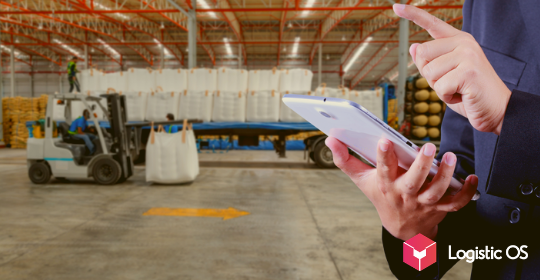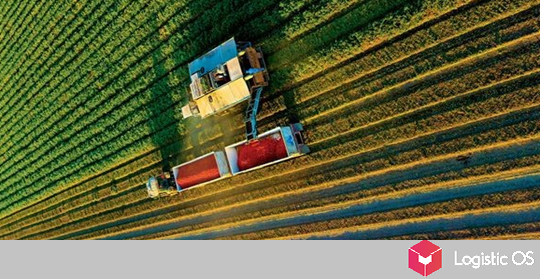Recently, the State Duma adopted in the first reading a bill prohibiting the transshipment of some cargo on roadsteads (at sea). However, what kind of cargo has not been decided yet .
Obviously, the law will not start working in this form yet, and a second reading awaits it.
So far, among the categories of prohibited goods, coal, grain and fish are being discussed.
But such discussions are already causing concern among both freight carriers and farmers. After all, it is by water that a significant part of the grain is transported.
Moreover, customs and tax officials are alarmed. They are not sure if they will be able to control the road transshipments.
Why do they want to ban transshipment at sea?
There are at least two reasons:
Potential damage to the environment if the cargo spills or spills into the sea. True, this applies to wheat to a lesser extent.
Difficulty controlling what is being rolled over.
This is a whole bunch of problems: the quality and safety of cargo (the same wheat can be contaminated), smuggling, tax evasion.
And, of course, lost profits: seaports don’t get paid.
Many skeptics do not hide their attitude to the new law: another way to siphon money from the pockets of carriers, and nothing more.
After all, the alternative will be simple: pay either the port or the «raid dues». Theoretically, he will go to eliminate the emergency, if it happens.
But in the end, experts warn, the law will only lead to several negative consequences.
What problems could the adoption of the law create?
Difficulties for inspection services. Who should control road transshipments? Customs officers, tax officials? But it is one thing to stay in a port, and another thing to go to the open sea. This is costly, and there is concern that the cost of collecting fees will be less than the revenue. Then it is better not to accept the law.
Market monopolization . The ports will be the beneficiaries, and they will be able to inflate prices. The carriers will have nowhere to go.
Ocean Shipping Refusal . The alternative is Russian Railways and motor transport.
The last 2 points are inextricably linked with the rise in the price of transported goods.
Now transportation of a ton of wheat from Samara to Novorossiysk costs 30 dollars by water, 44 — by rail, up to 100 — by trucks.
A massive refusal to transport grain by water will definitely not reduce the prices of bread in stores.
The main component of the law, whatever one may say, should be a list of cargoes that are prohibited to be transshipped on roadsteads, as well as areas where roadstead transshipment can be carried out. Besides, the big intrigue is the amount of fees for road transshipment.
Skeptics are sure: now, while the law is being adopted, interested businessmen can still pay the right people so that their goods are not included in the list of prohibited ones.
In general, they have been trying to pass this law for several years, and the term has once again been postponed.

